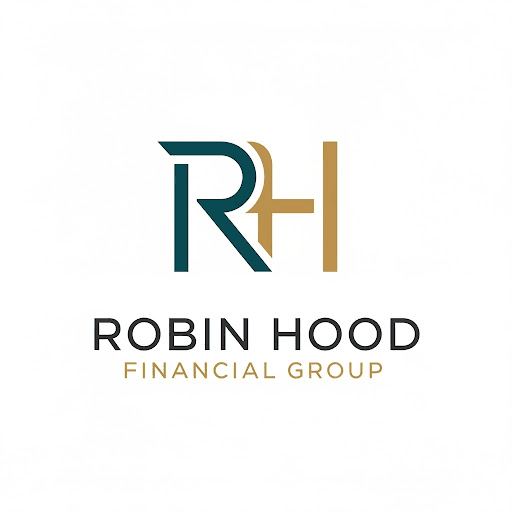Expert Tips for Selecting a Business Consultant in Kansas City
Understanding Your Business Needs
Before you start searching for a business consultant in Kansas City, it's crucial to understand what your business truly needs. Are you looking for someone to help with strategic planning, or do you need expertise in marketing or operations? Defining your goals clearly will help you find a consultant whose skills and experience align with your business requirements.
Determine Your Budget
Consulting services can vary widely in cost, so it's vital to establish a budget beforehand. Consider the potential return on investment (ROI) that a consultant could bring to your business. Make sure to balance cost with the expected benefits to ensure you're making a wise investment.

Research Potential Consultants
Once you have a clear idea of your needs and budget, start researching potential consultants. Look for professionals with a proven track record in your industry. You can gather recommendations from peers, search online for reviews, or use professional networks like LinkedIn to find qualified candidates.
Evaluate Experience and Expertise
When assessing potential consultants, pay close attention to their experience and expertise. Consider how long they've been in the industry and whether they have specific experience with businesses like yours. It's also beneficial to look for any certifications or accreditations that demonstrate their competence.

Interview and Assess Compatibility
After narrowing down your list of potential consultants, conduct interviews to assess their compatibility with your business. This is an opportunity to discuss your needs, ask about their approach, and gauge their enthusiasm for your project. A good consultant should be willing to tailor their services to fit your unique requirements.
Check References and Track Record
Before making a final decision, it's essential to check references and review the consultant's track record. Speak with past clients to learn about their experiences and the outcomes achieved. A consultant with a history of successful projects and satisfied clients is more likely to deliver results for your business.

Discuss Terms and Expectations
Once you've selected a consultant, clearly outline the terms of your engagement. Discuss the scope of work, timelines, and deliverables to ensure that both parties have a mutual understanding. Transparency and clear communication are key to a successful consulting partnership.
Monitor Progress and Outcomes
Finally, regularly monitor the consultant's progress and the outcomes of their work. Establish key performance indicators (KPIs) to measure success and provide feedback as needed. By staying engaged and proactive, you can maximize the benefits of your consulting relationship.
